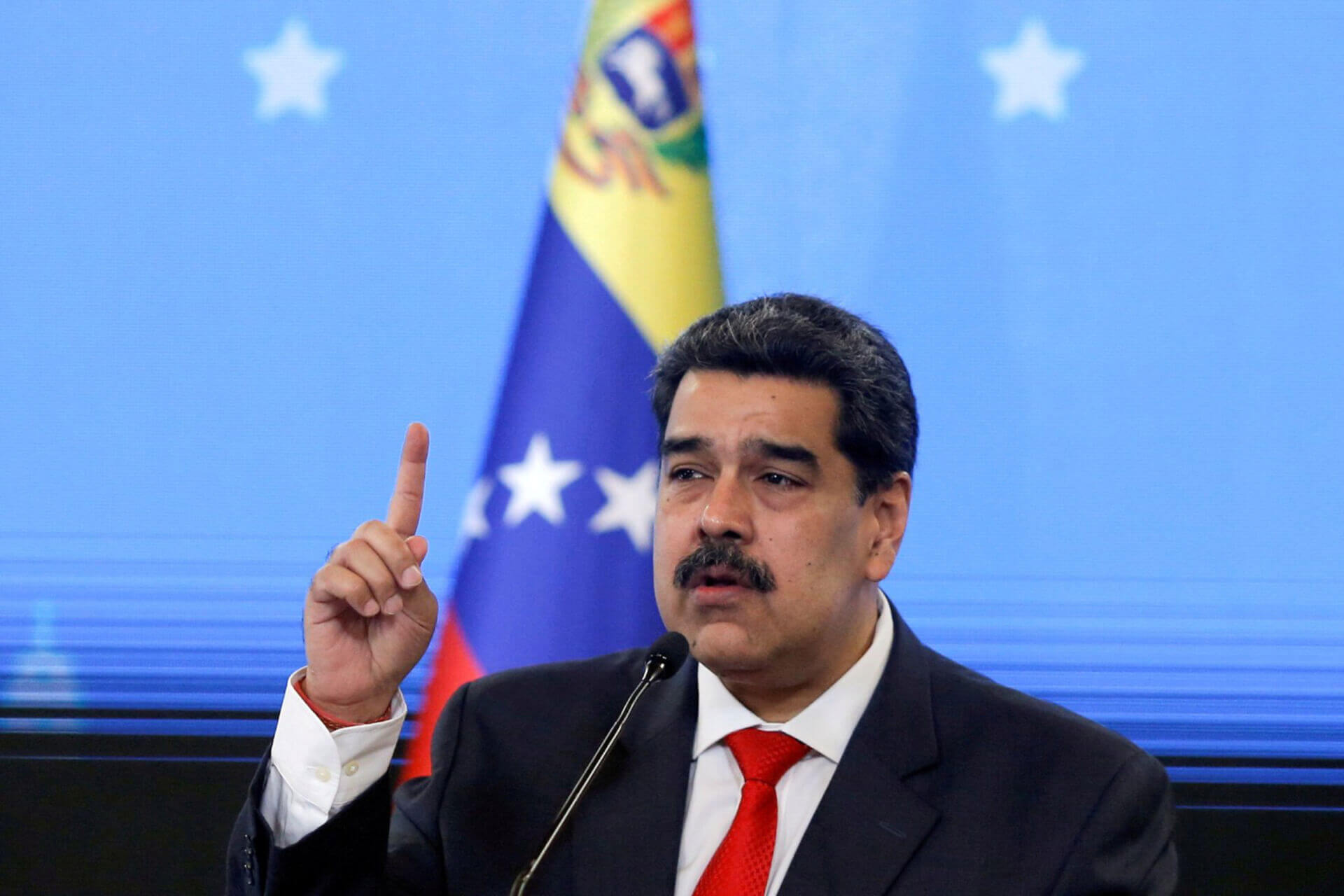On Tuesday, Venezuela swore in its new national assembly, which is now under the control of President Nicolás Maduro and his allies, after resting in the hands of the Juan Guaidó-led opposition since 2015. The recently-held parliamentary elections, which several Western actors decried as ‘fraudulent’, saw Maduro take control of all branches of government and its institutions.
Many members of the opposition have put their weight behind a measure to unilaterally extend their terms and operate a parallel legislature, and held a virtual ceremony during which Guaidó was ‘re-elected’ as Speaker. Others, though, have said that they will respect the recent electoral results and step down from their posts as legislators on January 5.
While the Trump administration has backed the opposition’s extension of its own term and the creation of a second parliament, other international actors, like the European Union, have not offered such support. Although incoming United States (US) president Joe Biden has previously called Maduro a “dictator”, his team did not comment on whether the President-elect would continue to recognise Guaidó as the leader of the Venezuelan parliament.
The Maduro administration, for its part, has now appointed Jorge Rodríguez as the new president of Venezuela’s National Assembly. Until this week, Rodríguez had been serving as the communication minister. Meanwhile, Iris Varela and Didalco Bolivar were appointed as the vice president and the second vice president, respectively.
During his swearing-in ceremony, Rodríguez pledged to “exorcise” the legislature of the opposition, saying, “As of today, we will aim to legislate for Venezuelans. There is no democracy if the rules and the will of the people are not respected.” Accordingly, he said that the parliament would hold a ‘permanent consultation process’ with the populace to “restore peace” in the country. Rodríguez also accused opposition leaders Leopoldo López, Julio Borges, Carlos Vecchio, and Guaidó of stealing “billions of dollars”. While he said that the two sides should come together to sort out their differences and that he was willing to “forgive”, he said that he could not “forget” that “there are crimes which have to be paid for”.
the Maduro-led PSUV coalition won 256 out of 277 seats in December’s parliamentary election. The election, however, drew alarm and suspicion over its legitimacy, as only 31% of 20 million eligible voters took part. This was driven in large part by the fact that Guaidó—who anointed himself as the interim president on January 2019 and is recognised by over 60 countries as the legitimate leader of the country—led calls for a boycott of the ‘fraudulent’ election, leading to over 24 opposition parties boycotting the election. At the same time, over five million Venezuelans have emigrated from the country due to rising inflation, unemployment, and crime, and fuel, medicinal, and food shortages.
In addition, in June, Venezuela’s Supreme Court unilaterally swore in a new commission to the country’s National Electoral Council ahead of the parliamentary elections this month. Currently, the opposition holds a majority of seats in the congress, which is the only branch of government that is not under President Maduro’s control. A few days later, Supreme Court also ordered the takeover of two opposition parties, the Justice First party and the Democratic Action party, as part of what it described as a “necessary restructuring process”.
Against this backdrop, following the announcement of the results in December, US Secretary of State Mike Pompeo described the election as a “fraud” and a “sham”. His comments were echoed by the UK Foreign Office, Chilean Foreign Affairs Minister Andrés Allamand, and Colombian President Iván Duque. The European Union (EU) and the Organisation of American States (OAS) have also voiced their opposition, with the former refusing to send election observers well in advance of December over concerns about “credibility, transparency, and inclusiveness”.
Some of these concerns were reiterated this week, with Pompeo saying on Tuesday, “We consider this group to be illegitimate and will not recognize it nor its pronouncements.” His statement confirmed that Washington continues to recognise Guaidó as the legitimate president of Venezuela and that the opposition-held National Assembly that was elected in 2015 is the legitimate legislature of Venezuela.
Additionally, the Lima Group issued a statement condemning the “use of force by the dictatorial regime of Nicolas Maduro to prevent the deputies of the National Assembly from freely accessing the session, convened for today, January 5, to democratically elect their Governing Board”. The governments of Bolivia, Brazil, Canada, Chile, Colombia, Costa Rica, Guatemala, Guyana, Honduras, Panama, Paraguay, Peru, and Saint Lucia thus signed a joint letter urging the “restoration of democracy and the rule of law in the country”. Uruguay, too, has said that it does not recognise the legitimacy of the new PSUV-led congress.
However, Maduro retains the support of powerful allies such as Russia, China, Turkey, Iran, Cuba, Nicaragua, Bolivia, and Ecuador. Russian election observers, for example, noted that Venezuela “now has a legitimate National Assembly”. This week, too, Russian Foreign Affairs Ministry spokeswomen Maria Zakharova said, “We confirm our readiness to cooperate closely with Venezuela, its people, and legitimate authorities. We will keep on strengthening our strategic partnership which has been developing in a variety of fields of mutual interest.”
At the same time, even actors who have previously stood behind Guaidó have now apparently distanced themselves from the opposition leader. While the EU continues to levy sanctions against the Maduro administration, it has now referred to Guaidó as one of the “representatives of the outgoing National Assembly”.
Against this tense backdrop, Maduro has now effectively cemented his control over the legislative arm of Venezuela’s government, with the judicial and executive branches, as well as the military already under his control.
Maduro Loyalists Take Control of Venezuelan Parliament, Guaidó Creates Rival Institution
As Venezuela swore in its new socialist-held legislature, Juan Guaidó held his own ceremony to establish a parallel legislature in which opposition lawmakers extended their own terms.
January 7, 2021

IMAGE SOURCE: MANAURE QUINTERO / REUTERSVenezuelan President President Nicolás Maduro
